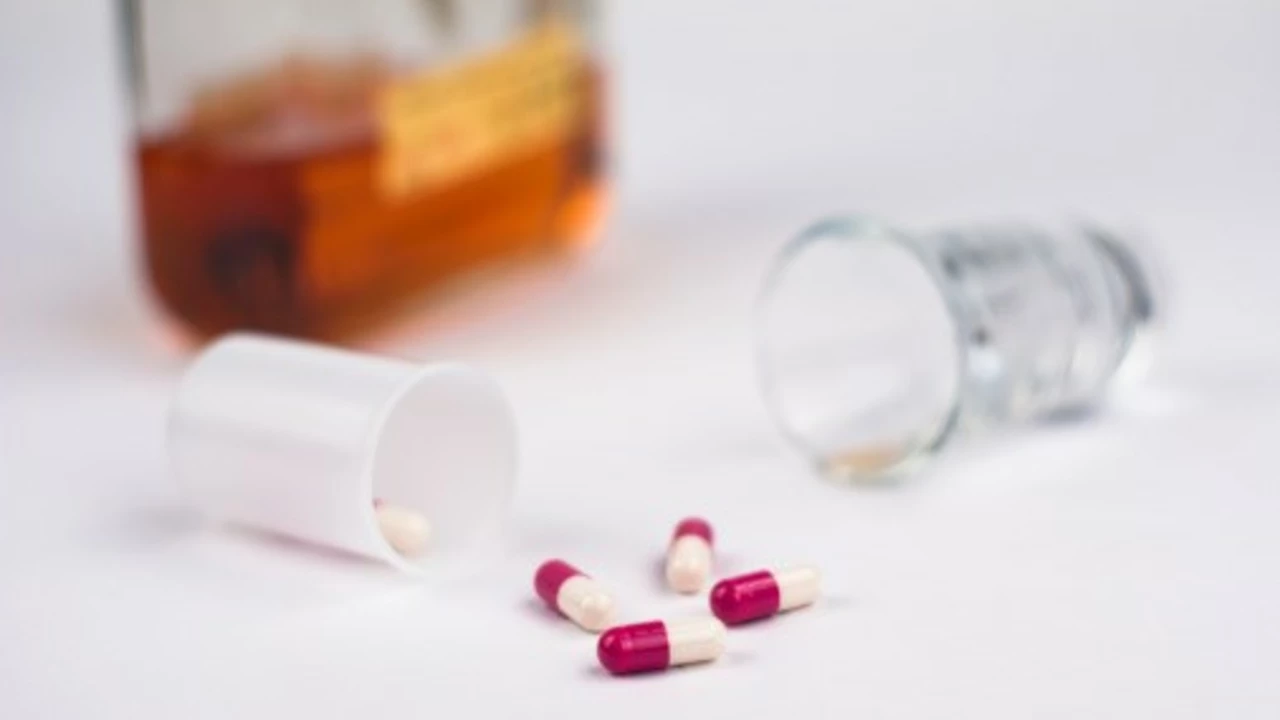Drug Interaction: What You Need to Know to Stay Safe
When you take more than one medicine, they can sometimes interact in ways that change how each one works. This is called a drug interaction. Some interactions can make a medicine less effective, while others can cause unexpected side effects, or even be dangerous. Knowing how to spot and manage these interactions can help you avoid problems and stay healthy.
Why Do Drug Interactions Happen?
Medications work by changing how your body functions. When two or more drugs are in your system at the same time, they can affect each other's breakdown, absorption, or how they impact your organs. For example, one medicine might speed up how quickly your body gets rid of another, making it less effective. Or, combining two drugs could increase the chance of side effects like dizziness or bleeding.
It's not just prescription drugs you need to watch out for. Over-the-counter medicines, supplements, and even some herbal products can cause interactions. For instance, blood thinners like warfarin can be affected by common pain relievers or St. John's Wort, a popular herb. That's why it's important to tell your healthcare provider about everything you take.
How Can You Stay Safe?
First off, always read the labels and patient information leaflets that come with your medicine. They usually list known interactions. But don't rely on that alone. Keep a complete list of all your medications, including supplements and vitamins, and share it with your doctor or pharmacist every time you get a new prescription.
If you're starting a new medication, ask about possible interactions and what signs to watch for. Symptoms like unusual bleeding, severe headaches, sudden dizziness, or a fast heartbeat could signal a problem. If you notice anything strange after a medication change, contact your healthcare provider right away.
Also, use one pharmacy when possible. Pharmacists have tools to check for interactions between your prescriptions. Tech-savvy? There are trustworthy apps and websites that let you enter your meds and check for interactions quickly. RXFastFind is a handy spot to get clear, simple info on medications and their potential effects.
Taking control of your medicine routine isn’t hard. Stay informed, ask questions, and don’t guess! Understanding how your drugs can interact helps avoid surprises and keeps your treatment working as it should.
Mirabegron and Alcohol: Are They Safe to Mix?
In my recent exploration, I delved into the topic of mixing Mirabegron, a medication used to treat overactive bladder, with alcohol. From my research, it seems that there's no direct interaction between Mirabegron and alcohol, but caution is always advised. Alcohol can exacerbate some side effects of Mirabegron like increased heart rate and high blood pressure. Also, alcohol itself can stimulate the bladder, contradicting the purpose of taking Mirabegron. So, while it may not be outright dangerous, it's probably not the best combination for your health.
